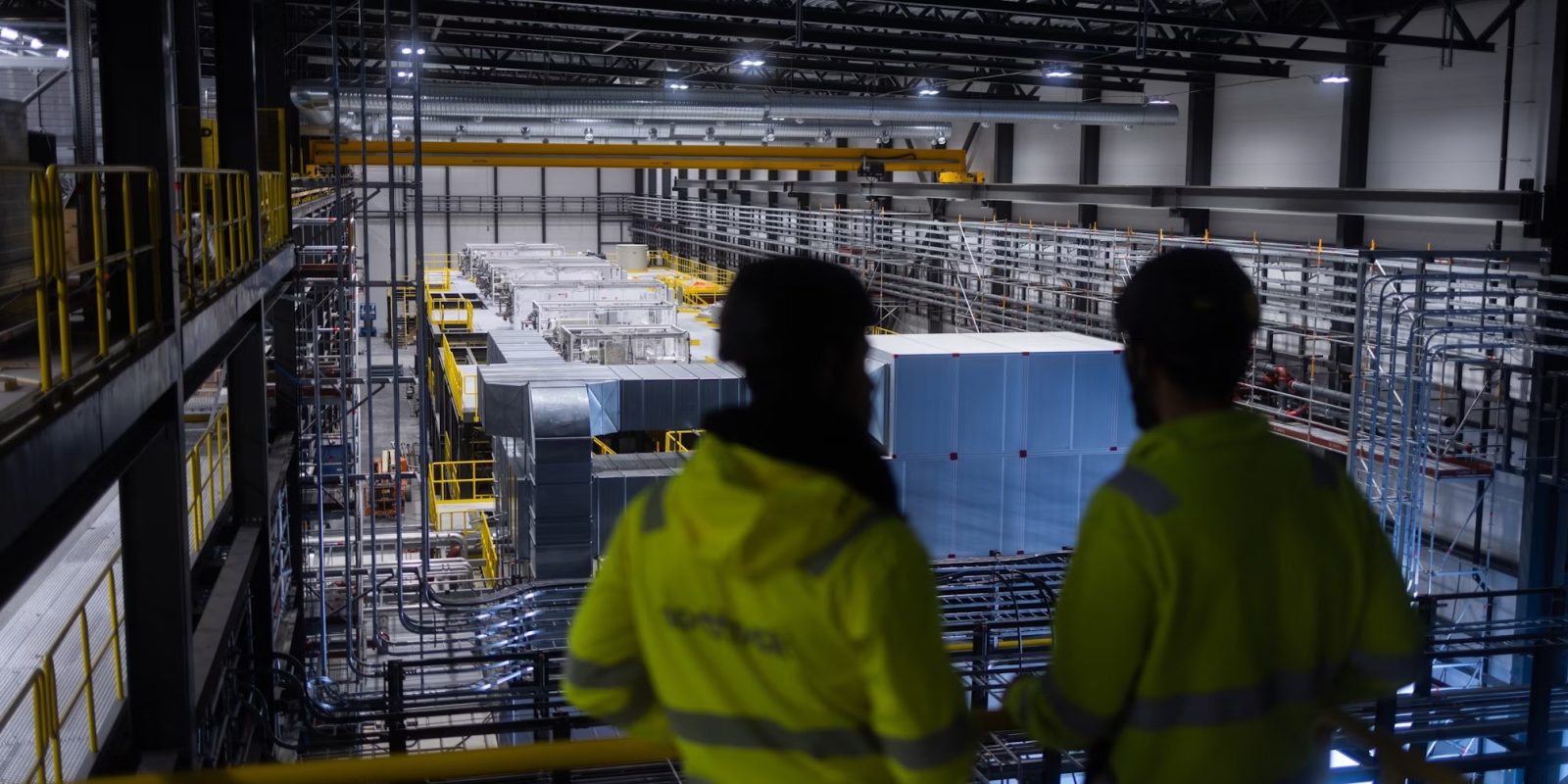
Europe’s vision of building homegrown EV batteries to cut its reliance on China is dying. But China is more than ready to step in where other companies have failed.
The most high-profile example of Europe’s major battery setbacks comes from the much beleaguered Northvolt, the Swedish startup that was once one of Europe’s best-funded startups and recipient of the largest-ever green loan in the EU, with backing from Volkswagen and BMW. It has since filed for bankruptcy protection in the US after a rescue package failed to go through, with its cofounder and CEO, a former Tesla exec, quitting.
Fallout has been spreading through Europe – Bloomberg reports that 12 out of 16 planned European-led battery factories have been delayed or canceled.
Yet, China – already years ahead of the game in development – is ready to fill the gap, with 10 of 13 projects in Europe moving forward, all led by Asian manufacturers such as China’s Contemporary Amperex Technology Co. and South Korea’s Samsung SDI.
It’s a painful reality for Europe, whose enthusiasm for companies such as Northvolt had been fueled by a vision to cut dependency on China by creating greener EV batteries using 100 percent recycled nickel, manganese, and cobalt. Plans were put in place to build factories in Gothenburg, in southern Sweden, and Poland, Germany, and Canada, all backed by huge government subsidies.
But that dream has come crashing down. “The failure to establish domestic battery manufacturing capabilities threatens the very existence of the automotive industry in Europe,” Andy Palmer, former chief executive officer of Aston Martin Global Lagonda Holdings Plc., told Bloomberg. With no EV supply chain in place, automakers “may relocate production to regions with established battery industries, leading to potential factory closures and substantial job losses.”
Besides Northvolt, Mercedes-Benz Group AG and Stellantis NV have stalled work on two battery plants in Germany and Italy, while Volkswagen has said its European cell factories should take longer to reach capacity. UK battery startup Britishvolt closed for business last year as well.
Electrek’s Take
Still, building a European battery industry was always a long shot at best, since China supplies about 80% of the world’s lithium-ion batteries and is home to six of the world’s largest EV battery makers, the report said. But it’s a clear case of missed opportunity. While European automakers have been rolling out new ICE models, China has been racing ahead, massively investing in its own domestic EV industry. By 2021, just as legacy automakers were leaning into EVs, CATL had become the world’s biggest battery maker, with BYD’s power growing into a major force in EV development. Meanwhile, European automakers are walking back their electrification strategies and canceling battery orders.
Now Europe’s chances are barely a flicker.
Read more: EV battery makers get a $1 billion boost in the EU – but there’s a catch
Top comment by Martin
As far as I know Stellantis is making batteries in Europe. It is hard to judge what went wrong with Northvolt. Maybe to much ambition?
In general: maybe manufactures would have more money for investing in battery production in Europa if they didn't spent so much on dividends and massive stock buy-backs.
Photo credit: Northvolt
If you’re an electric vehicle owner, charge up your car at home with rooftop solar panels. To make sure you find a trusted, reliable solar installer near you that offers competitive pricing on solar, check out EnergySage, a free service that makes it easy for you to go solar. They have hundreds of pre-vetted solar installers competing for your business, ensuring you get high quality solutions and save 20-30% compared to going it alone. Plus, it’s free to use and you won’t get sales calls until you select an installer and share your phone number with them.
Your personalized solar quotes are easy to compare online and you’ll get access to unbiased Energy Advisers to help you every step of the way. Get started here.
FTC: We use income earning auto affiliate links. More.




Comments